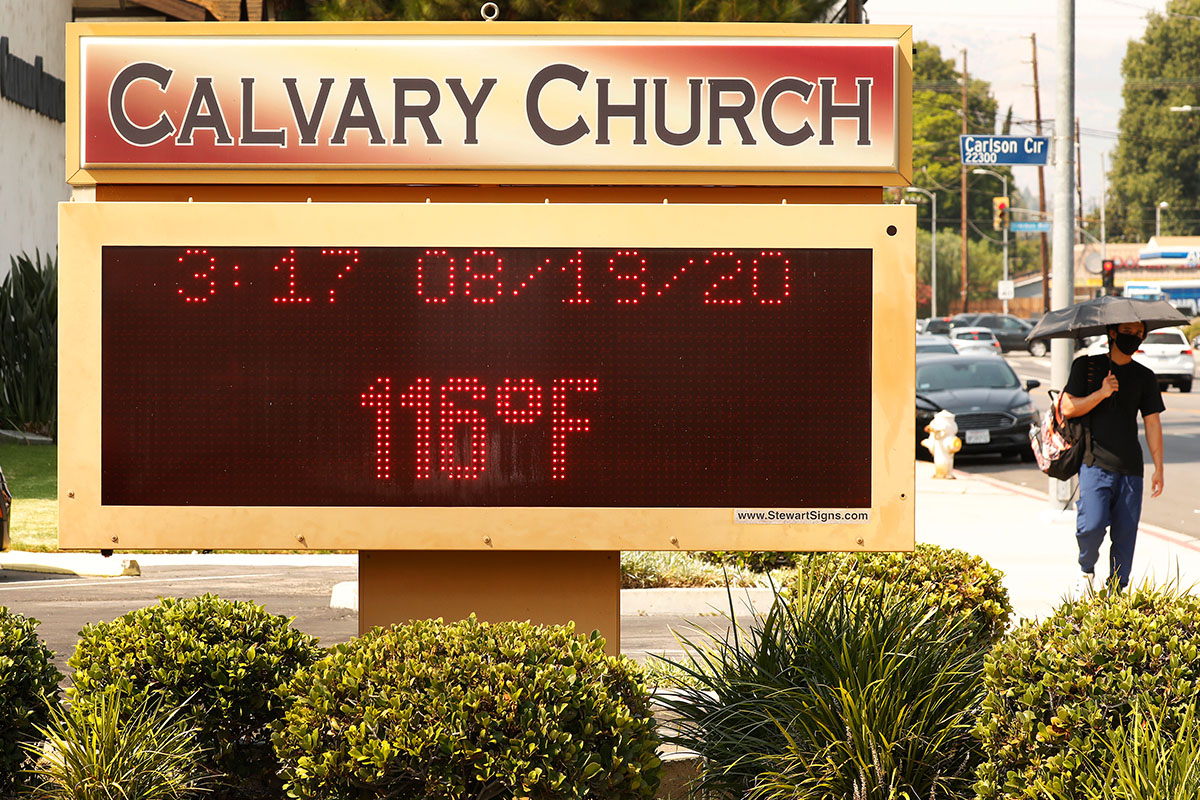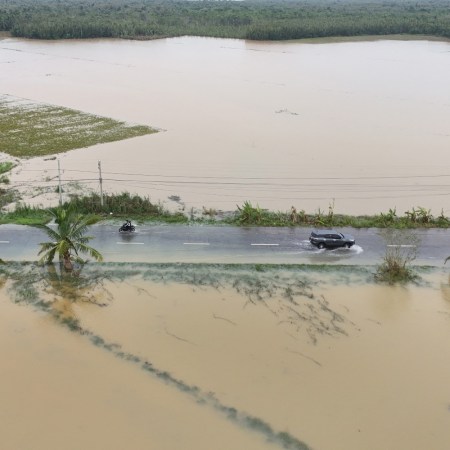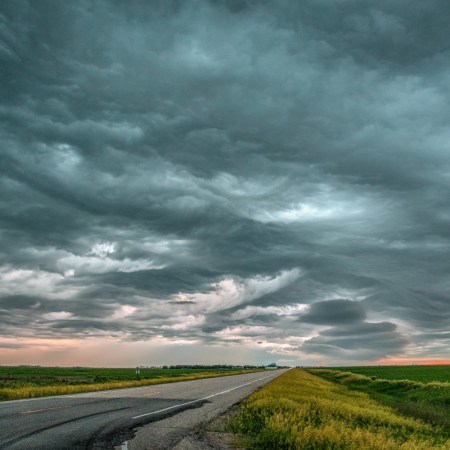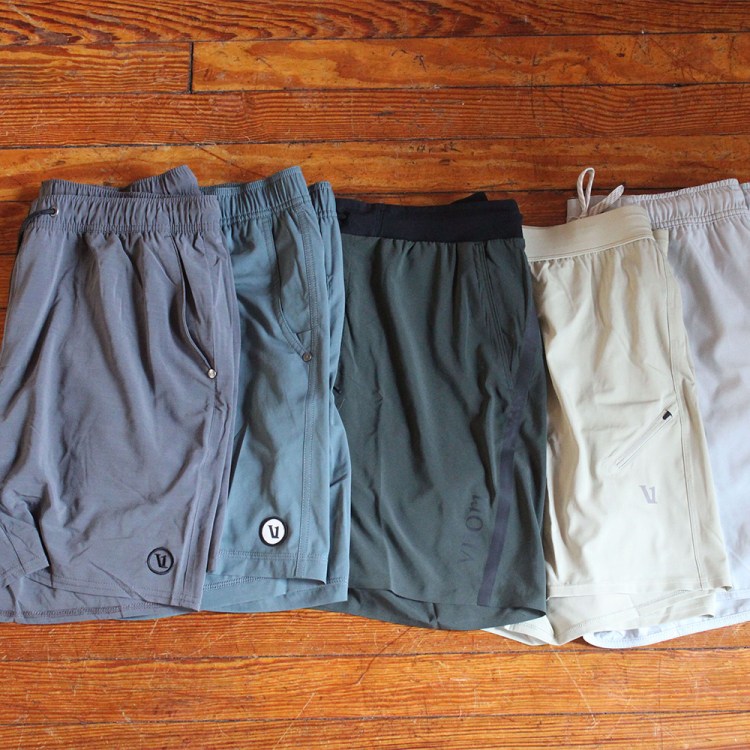For years, researchers have spent time and resources investigating whether today’s searing heatwaves could have taken place in a pre-industrial climate — a period defined as before 1900, and sometimes as far back as 1720 to 1800.
Recently, science has decided that that’s a colossal waste of time. There is zero chance of the planet experiencing heatwaves this frequent and this intense without anthropogenic climate change. “[It’s] an obsolete question,” the authors of a study published last month in Climactic Change wrote. “The next frontier for attribution science is to inform adaptation decision-making in the face of unprecedented future heat.”
We’ve reached a point where you can type “heatwave” into Google News at any point of the year and find a slew of headlines. If it isn’t record-breaking temperatures in the American heartland, it’s bush fires in Australia, or a severe drought in India. From the last 24 hours alone: “Bordeaux region bans outdoor events as heat wave hits France,” “Thousands of cattle dead due to heatwave in Kansas,” “They’re being ‘cooked’: baby swifts die leaving nests as heatwave hits Spain.”
This is generally how heatwaves are presented to the public — by their impact on events and animals. We’ll hear about this year’s Olympics or World Cup being the hottest ever, or an ecosystem that’s being ravaged by the grip of a dry summer. But the headlines never seem to stick. Remember when three billion Australian animals were killed or harmed in fires two years ago?
In the coming years, the gravity of this crisis is likelier to sink in, as we start to grapple with the horrifying consequences that extreme heat has on ordinary people, not just marathoners or koalas.
Climate scientists have shifted their attention from the past to the future, and are trying to pinpoint the physiological toll of an ever-warming planet. When bodies are under heat stress every single day — and especially those in the world’s hottest regions, where a mind-blowing 88% of people don’t have access to air conditioning — they break down. Heat stress, according to recent rounds of experiments, overwhelms the body’s default cooling system; in other words, “our bodies absorb heat from the environment faster than we can sweat to cool ourselves down.”
Heat sickness attacks our vital organs (eroding the heart and the kidney), our weaknesses (exacerbating high blood pressure and multiple sclerosis) and our will to live (intensifying anxiety and depression). It’s particularly cruel to the young and the old, who alternatively grow up malnourished or suffer alone in stifling homes. The simple truth is this: as the planet’s temperatures warm, so too do our core temperatures. Every year, from here on out, will reach a level of heat we once thought impossible.
What can we do about it? Expanding access to AC is critical — and it needs to happen within a renewable framework that will not release more greenhouse gases into the atmosphere. Researchers also advocate for cheaper electric fans, green roofs, low-E glass windows, expanded access to clean water, dedicated water breaks (crucial for factory workers and farmers) and temperature-regulated clothing.
Given thousands of years, humans could likely evolve and acclimatize to a boiling planet. But we don’t have that kind of time. It’s time to accept that heatwaves are no longer just an oddity, or an upsetting headline. They’re our new normal, and will have a deadly impact on human health if we don’t adapt accordingly.
Whether you’re looking to get into shape, or just get out of a funk, The Charge has got you covered. Sign up for our new wellness newsletter today.


















